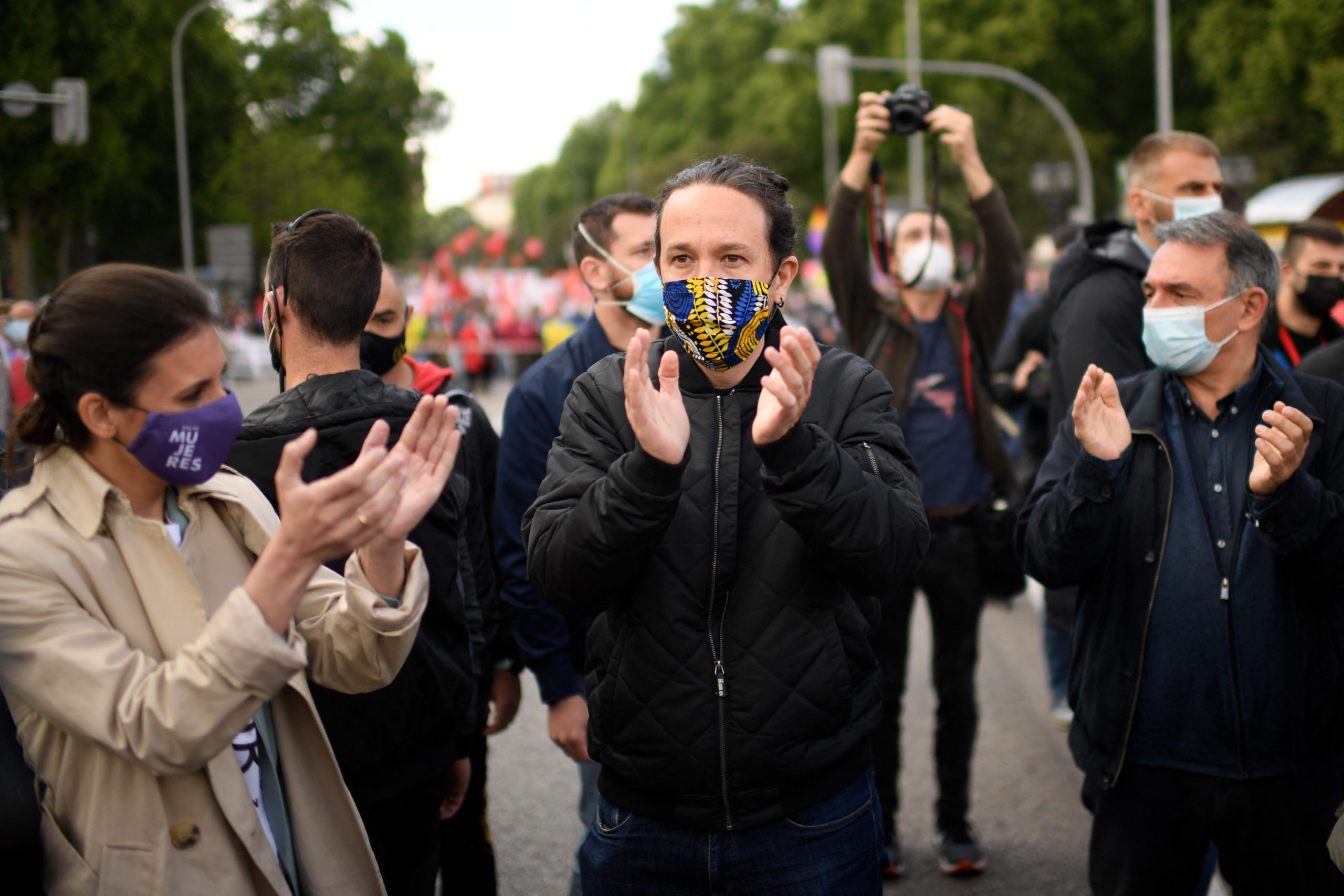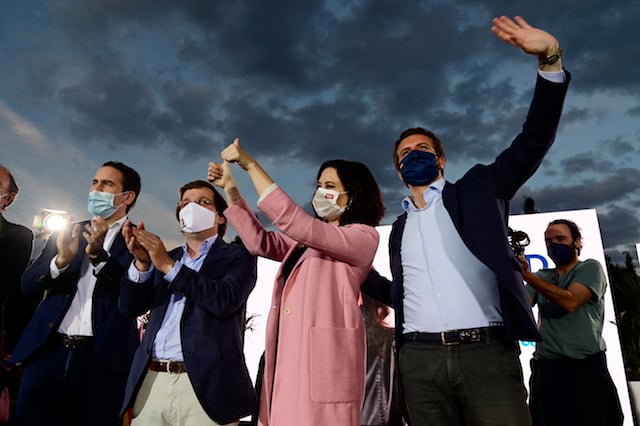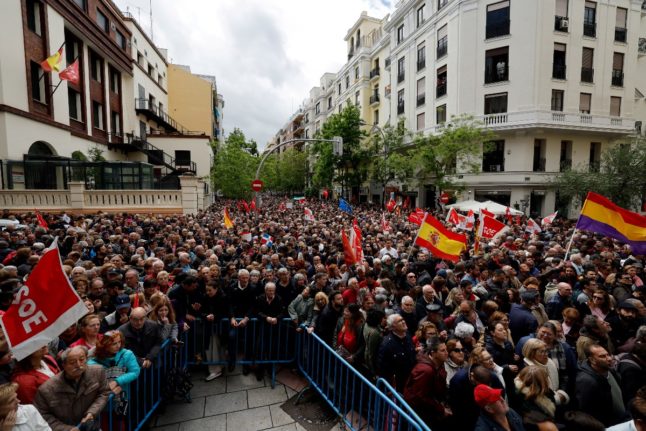Here are five things to know about the polls in this region of around 6.7
million people:
‘Jewel in the crown’
Madrid is the third most populous of Spain’s 17 regions and its richest,
accounting for around 20 percent of the country’s economy.
Of the 2,000 largest Spanish companies, 72 percent are based in Madrid,
according to the industry ministry.
Spain’s decentralised political system gives regional governments
significant powers and Madrid is the focus of the country’s political and administrative power.
It has been dubbed the “jewel in the crown” by Spanish media because the
head of the region’s government enjoys a high national profile.
The right-wing Popular Party (PP) has governed the region since 1995.
Pandemic epicentre
The Covid-19 pandemic has been an important issue in the campaign as Madrid was at the epicentre when the virus first took hold in Spain.
In March 2020, the region accounted for 40 percent of the country’s total
infections.
The mounting toll prompted Madrid’s regional government to turn an ice rink
into a makeshift morgue and an exhibition centre into a field hospital.
The number of Covid-19 infections and deaths in the region remains the
highest in Spain, but it is lower than that of Paris for example.

Pizza homage
The region’s outgoing leader, Isabel Diaz Ayuso of the PP, has consistently
pushed back against central government pressure to impose restrictions and
lockdowns, arguing they hurt the economy.
Her government set one of Spain’s loosest curfews, defying national recommendations to shut bars and restaurants and making her a heroine for the hospitality sector.
Madrid’s Pizzart restaurant chain has added the “Madonna Ayuso” pizza to
its menu in her honour – a creation of tomato sauce, mortadella, burrata and
crushed pistachio.
“Thanks to her we have been able to survive,” Marina Padilla, one of the
chain’s owners told Spanish media.
But critics blame Ayuso’s policies for Madrid’s higher infection rate.
Migrant candidate
On the list of the far-left Podemos is a Senegalese man who arrived illegally on a migrant boat that reached Spain’s Canary Islands in 2006.
Former fisherman Serigne Mbaye, 45, made his way to Madrid where he worked as an illegal street vendor – and was arrested for it several times – before eventually obtaining Spanish citizenship.
He is also a member of a union representing street vendors in the capital,
known as “manteros” because they sell their wares from blankets, or “mantas”,
spread out on the pavement.
Such vendors are common in Spanish cities. Most are undocumented immigrants from West Africa.
If elected, he has vowed to fight racism in Madrid, a region where foreigners account for around 15 percent of the population.
Far-right Spanish-Cuban
Most polls suggest Ayuso’s PP is on track to win by a wide margin although
she is not expected to secure an absolute majority, meaning she will likely
look to the far-right Vox party to govern.
Regional Vox leader Rocio Monasterio is an architect whose Cuban father
fled the island after the Castro regime expropriated his sugar business.
She has dual nationality and often likens Podemos – the junior partner in
Spain’s left-wing coalition – to Cuba’s communist regime, warning the party
will destroy Spain’s economy with its calls for high social spending and taxes.
“I know exactly what it brings and what it brings is poverty,” she said in a recent interview.



 Please whitelist us to continue reading.
Please whitelist us to continue reading.
Member comments